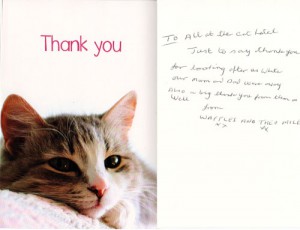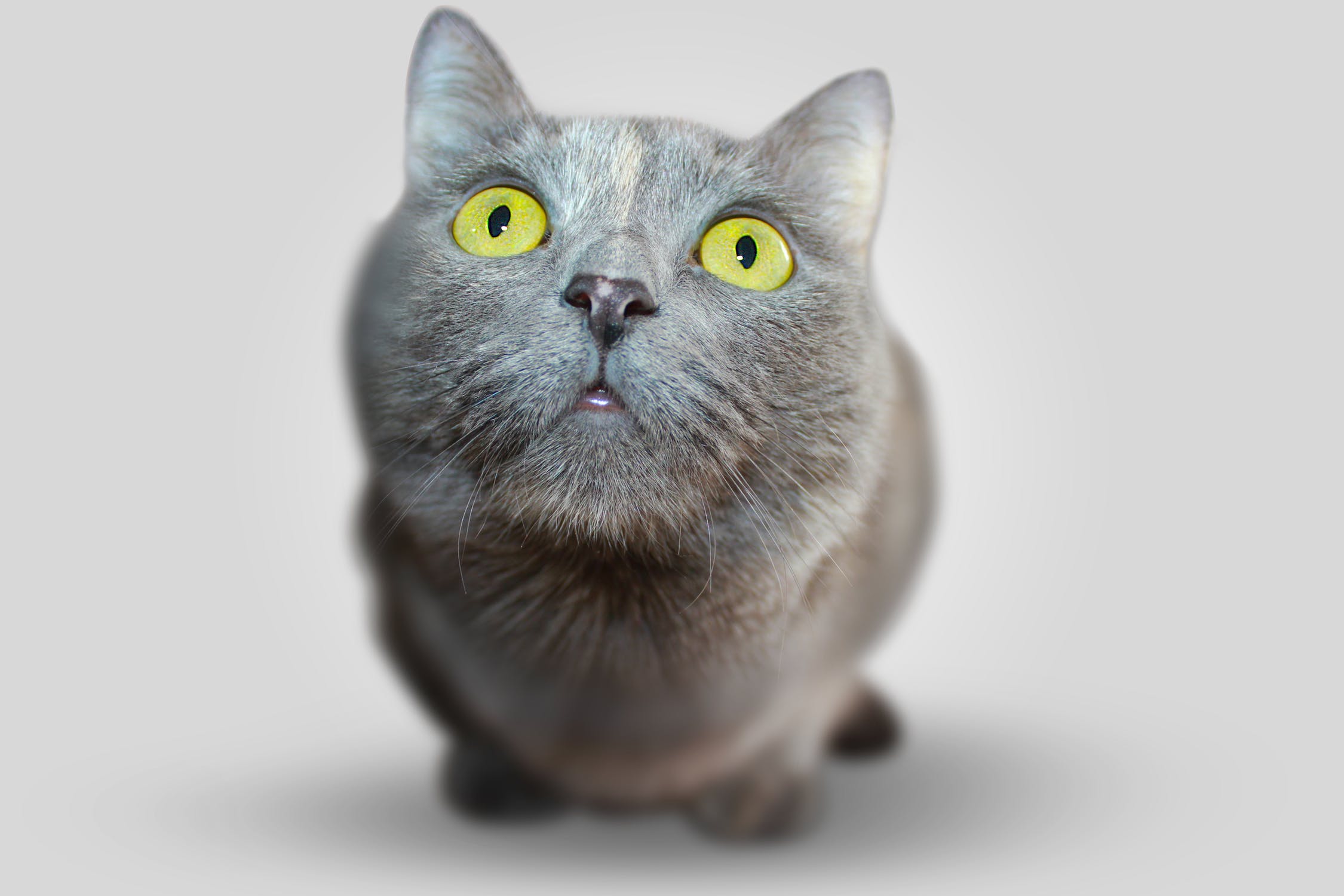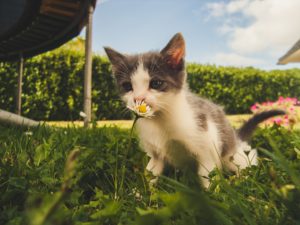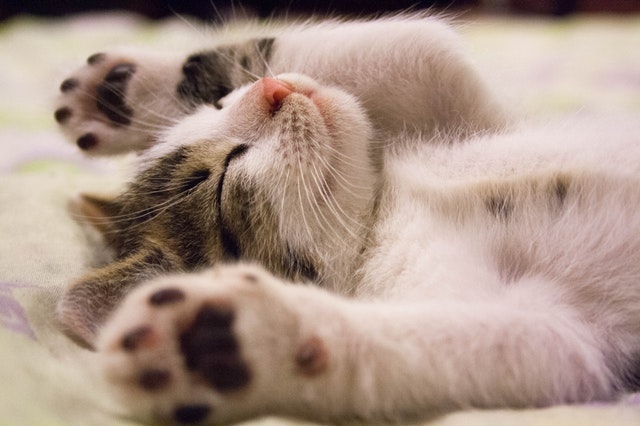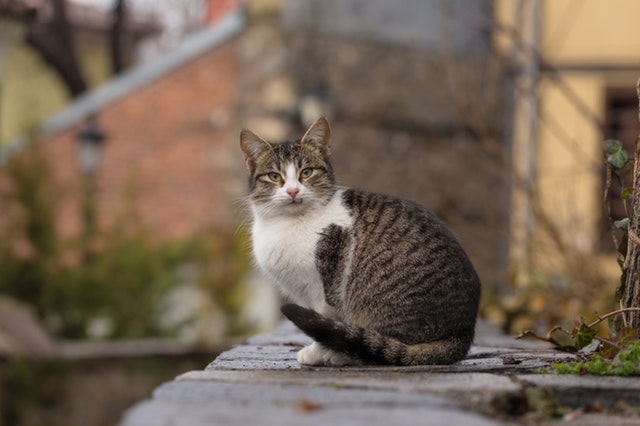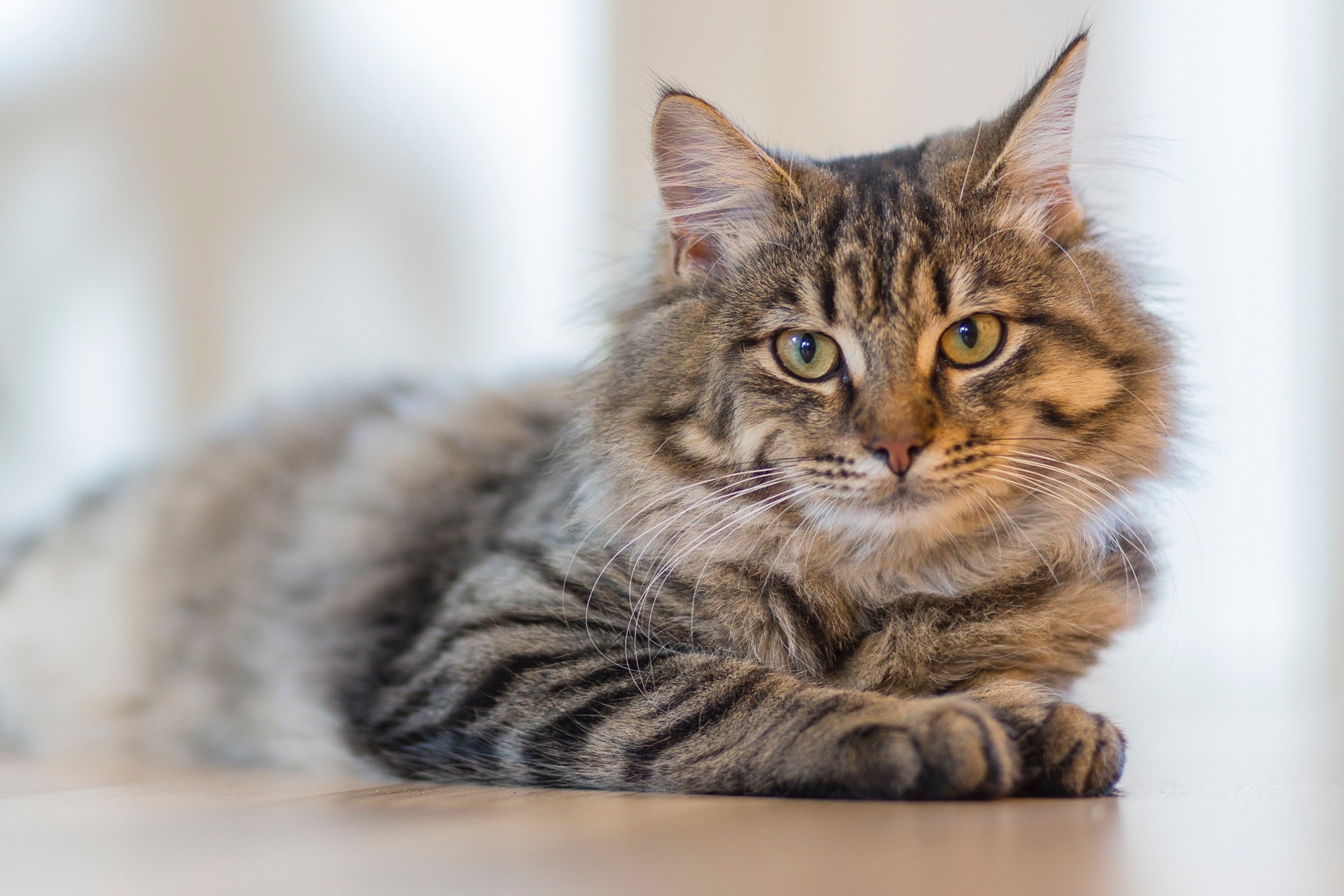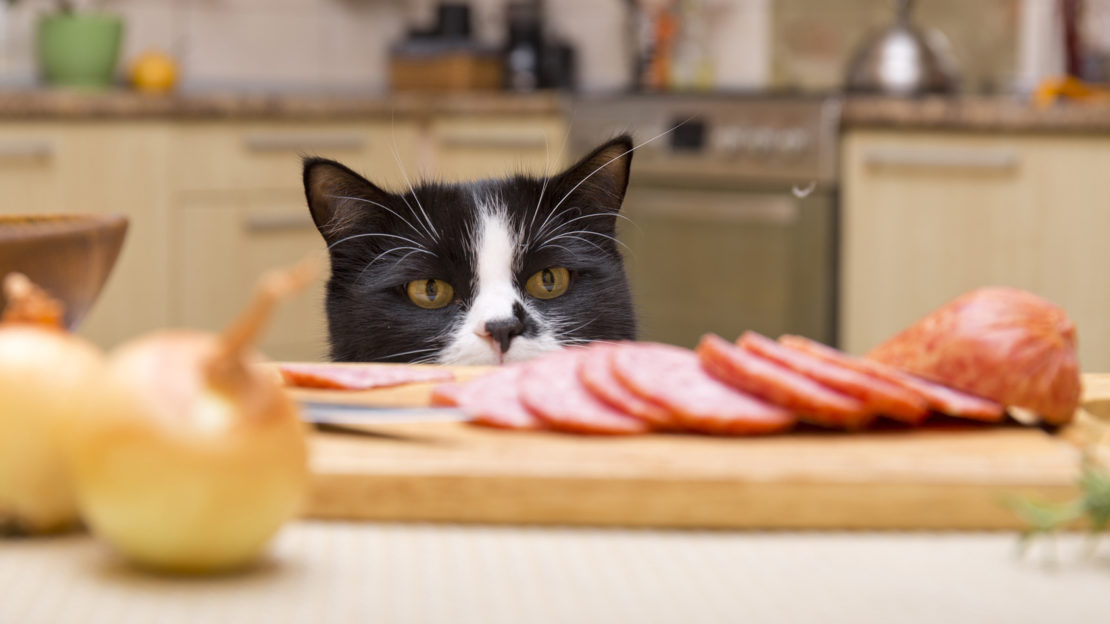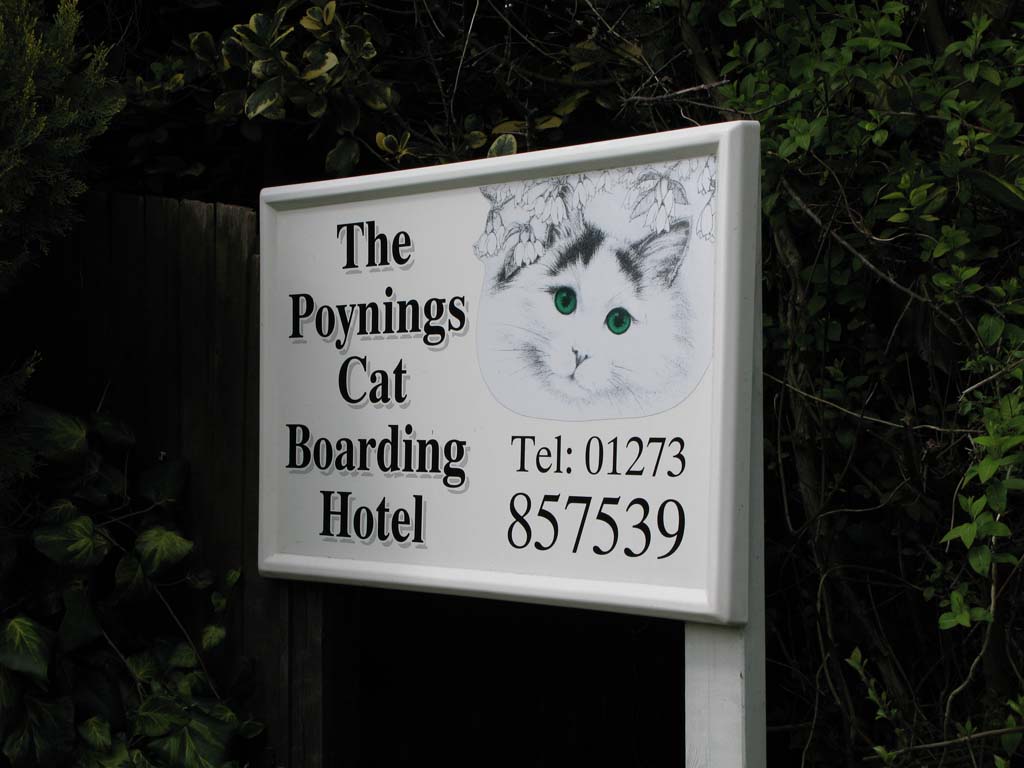Top 18 very obscure cats facts that you might not want to have known!
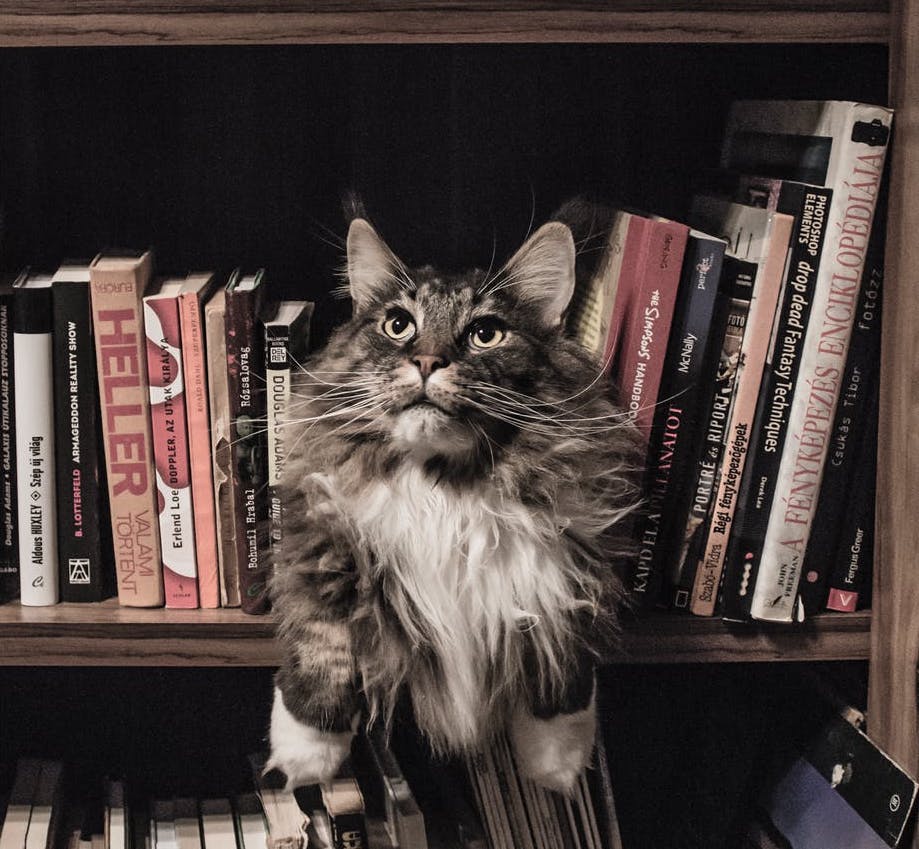
1. It is claimed that Isaac Newton invented the cat flap – While he is most known for his discovery of gravity, it has been documented that while working, Isaac was continuously interrupted by cats scratching at the door to be let in. Consequently, he invented a way for cats to enter the house/room without human intervention – The cat door or cat flap.
2. Cats share almost all of their genetic makeup with tigers – 95.6% of your kittie’s DNA is identical to that of a tiger! They also share almost identical behavioural traits, like marking territory with scent glands and in the way they stalk their prey.
3. Spaying your cat can extend its life – Cats should be neutered during the first 5 months of their life. Studies on this suggest that spayed or neutered cats can live up to 62% longer on average.
4. A group of cats is called a ‘clowder’ – A male cat i is known as a ‘tom’ and a female cat can b either be a ‘queen’ or a ‘molly’. While baby cats are still called ‘kittens’ a group of them born to the same mum is called a kindle.
5. Cats sleep a lot! – While this may be obvious to us cat owners, cats sleep to conserve energy and will sleep up to 17 hours a day! This means that cats sleep for near to 70% of their lives.
6. Cats have weird tongues – Like their very close relative the tiger, cats have spines down the middle of their tongue which helps them draw in food. They also have an extra organ that helps them ‘taste the air’ as well as smell.
7. Cats are excellent healers – When either happy or sad cats tend to purr, this has been speculated to be a self-healing mechanism. Is it a coincidence that the frequency of a cat’s purr is the exact same frequency that bones repair themselves?
8. Cats have preferred paws? – It has been noted in studies that male cats are typically right pawed but female cats are normally left pawed. However at least 10% of our feline friends are actually ambidextrous.
9. Cats meow only for us – Cats have developed meowing to talk only to their owners, they don’t meow to communicate with other cats. Hissing, however, is used to in showing fear to both humans and cats. Cats can also change the tone of their meow to manipulate humans, they copy the frequency of human babies in order to get food from us.
10. Cats have excellent hearing – They can rotate their ears a full 180 degrees and move each ear individually, giving them a large sound scope of their surroundings. When compared to humans who can only hear sounds up to 20Hz, cats come out on top, being able to hear up to 64hz.
11. Does your cat not respond to catnip?– This is unsurprising as only half of all cats are sensitive to the herb. If a kitten has only one catnip sensitive parent it is half as likely to crave the herb, whereas if both parents are sensitive to the plant the kitten will have a three in four chance of being catnip crazy too!
12. Cats don’t always land on their feet – While this fact is widely believed, it’s not always true. Cat has an impeccable sense of balance meaning, more often than not, all paws touch the ground together when they fall.
13. Are black cats bad luck or good – Depending on where you live either could be true. In the United States, black cats are known for bringing bad luck and in Germany, the same goes. If your cat crosses your path from left to right it will bring you bad luck and if it crosses your path the other way you’re in good luck! Also in Japan black cats are said to be very lucky and In the United Kingdom or more specifically the Midlands, black cats were given to new brides to bless their marriage!
14. Some cats hate water – Most cats are not fond of H20, scientists believe this is because their fur isn’t well insulated and it causes discomfort for kitties. On the other hand, there are a few breeds that are known, oddly, to love a swim or a bath every now and then. These breeds include the Maine Coon, the Bengal Cat and the Turkish Van
15. Cats love boxes – We all know that cats will climb into any box they find lying on the floor but why is this? Scientists speculate that cats love boxes and other enclosed spaces because it brings them close to the feeling of being back in the womb. It makes them feel safe and comfortable. In animal shelters, boxes are used to encourage cats to settle in. It was found that cats with a box adapted to their new environment faster than cats who weren’t provided with a box
16. Cats and taste – Did you know that cats can’t taste sweet things? This is because cats don’t eat anything sweet naturally and have never evolved to be able to taste anything other than savoury.
17. Is your cat allergic to you? – Is speculated that at least 1 percent of cats are allergic to humans. Being kept inside increase the risk of asthma attacks due to inhalation of cigarette smoke, dust and human dandruff. But don’t worry, a special cat ventilator can be provided if your cat does turn out to have this rare allergy. Signs of this can be as simple of your cat coughing regularly! So keep an eye out!
18. Domestic vs wild cats – Did you know there are considered to be over 70 different species of cat, however, some consider all domestic cats to be their own species! The largest of the wild cats is the Liger, a hybrid of a lion and tiger. These massive cats weigh in at over 900 pounds! On the other end of the scale, we have the rusty spotted feline, which on average, only weighs about two and a half pounds!




